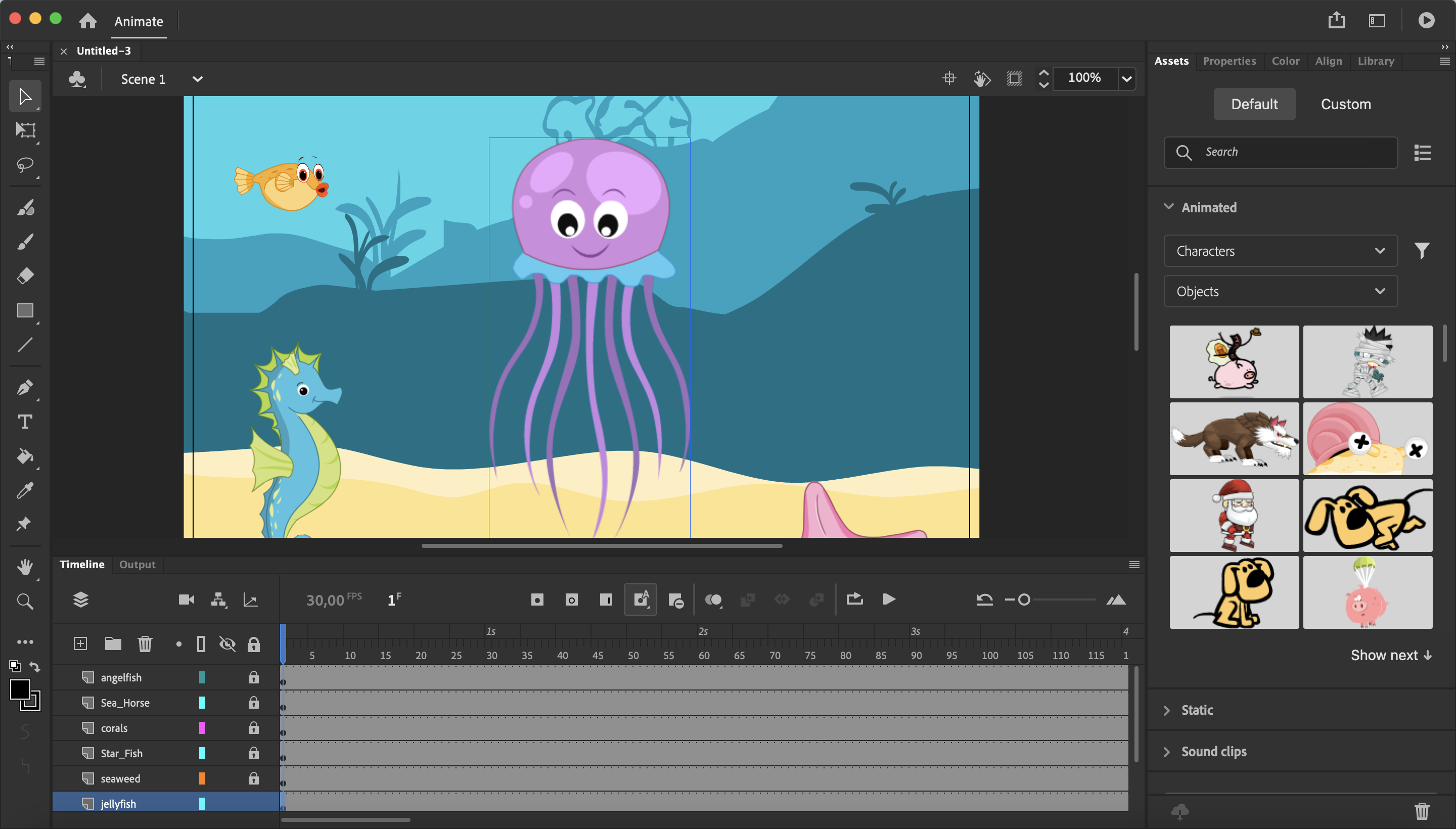I. Introduction to Animation Software
A. Definition of Animation Software
Animation software is a digital tool that enables creators to design, develop, and manipulate visual elements to produce animated sequences. It spans a wide spectrum, from 2D animation for cartoons to 3D animation used in films, games, and simulations.
B. Versatility in Creative Expression
https://www.softwarepost.xyz/ caters to a range of artistic pursuits, including character animation, motion graphics, visual effects, and even interactive experiences, offering a versatile platform for creators.
II. Key Features of Animation Software
A. Timeline and Keyframes
- Utilizes a timeline for sequencing and organizing animation frames.
- Keyframes mark specific points in the animation to define the start and end of movements.
B. Rigging and Character Animation
- Rigging tools enable the creation of skeletal structures for characters.
- Character animation involves manipulating these skeletons for lifelike movement.
C. Physics Simulation
- Allows animators to simulate real-world physics, enhancing the realism of animations.
D. Special Effects and Filters
- Incorporates a variety of effects and filters for enhancing visual appeal.
- Smoke, fire, water, and other dynamic elements can be simulated.
E. Export and Integration
- Supports exporting animations in various formats for integration into different platforms.
- Seamless integration with other software for comprehensive creative workflows.
III. Types of Animation Software
A. 2D Animation Software
- Ideal for traditional hand-drawn animation and motion graphics.
- Examples include Toon Boom Harmony, Adobe Animate, and Clip Studio Paint.
B. 3D Animation Software
- Enables the creation of three-dimensional models and environments.
- Popular choices include Autodesk Maya, Blender, and Cinema 4D.
C. Stop-Motion Animation Software
- Tailored for stop-motion animation, capturing frame-by-frame movements.
- Dragonframe and Stop Motion Studio are prominent examples.
IV. Applications of Animation Software
A. Entertainment Industry
- Animation software is widely used in filmmaking, TV production, and video games.
- Creates visually stunning and immersive experiences for audiences.
B. Educational Content
- Animation aids in visualizing complex concepts, making educational content engaging.
- Interactive animations enhance learning experiences.
C. Marketing and Advertising
- Animation adds a dynamic element to marketing campaigns and advertisements.
- Animated logos, explainer videos, and product animations capture attention.
V. Considerations for Choosing Animation Software
A. Skill Level
- Some software is better suited for beginners, while others offer advanced features for professionals.
B. Budget
- Cost considerations, including one-time purchases, subscriptions, or free and open-source options.
C. Specific Requirements
- Choose software based on the type of animation projects and features required.
VI. Future Trends in Animation Software
A. Real-Time Animation
- Advancements in technology enable real-time rendering and editing during animation creation.
B. Artificial Intelligence (AI)
- AI integration for automating certain animation processes and enhancing creativity.
C. Augmented and Virtual Reality
- Animation software evolves to support the creation of immersive AR and VR experiences.
VII. Conclusion
A. Unleashing Creative Potential
- Animation software empowers creators to turn imagination into moving visual masterpieces, revolutionizing storytelling and expression.
B. Dive into Animation
- Whether you’re a novice or seasoned animator, exploring the vast array of animation software opens doors to endless creative possibilities.

